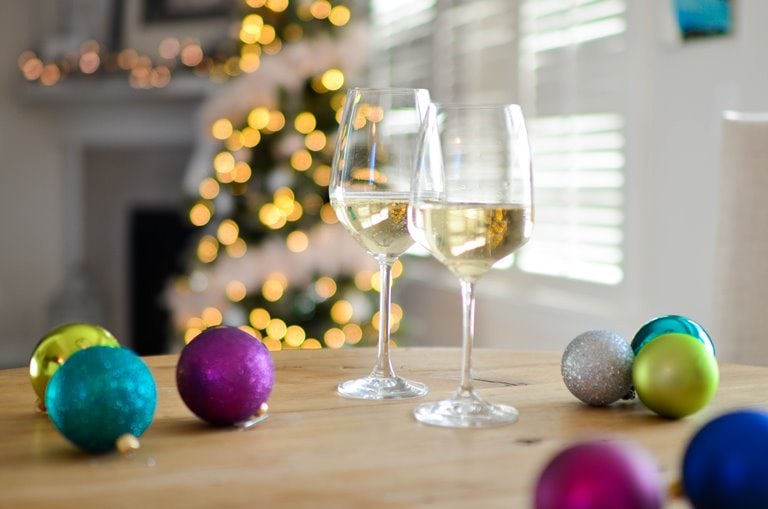26/02/2019
Perks of post-Brexit Britain: The rise of independent wine shops
Contributed by Go Brazil Wines
6/11/2018 - Go Brazil Wines

Nicholas Corfe at Go Brazil Wines looks at the effects of the budget on wine lovers and why it might be wise to spend a little more on your Christmas tipple this year.
While last week’s Budget may have been timed to avoid the ‘tricks and treats’ of Halloween, and apparently marked the end of austerity, the UK’s wine drinkers won’t have been celebrating. This because, despite the Chancellor having announced a freeze on excise duty for beer, cider and spirits, he decided that the duty on wine will rise by the level of inflation ( estimated at 3.1% ) and take effect on February 1st 2019.
In the words of the chief executive of the Wine and Spirit Association, Miles Beale, this increase was ‘grossly unfair, unjustified and counter-productive’.
Mr Beale also pointed out that, since 2012, wine has contributed more in duty to the Exchequer than beer, and indeed more than any other alcoholic drink during this period. Representatives of the burgeoning English wine industry were also, unsurprisingly, less than enamoured with the decision and were quick to highlight the preferential treatment afforded to the (mainly domestic) producers of beer, gin and whisky. However, with some 33m wine drinkers in the country, it is difficult not to draw the conclusion that this group is a large and easy target for the Chancellor.
Perhaps most importantly for consumers to realise is that, from next February, around 57% of the cost of an average £5.39 supermarket bottle of wine will be made up of tax. The excise duty will rise to £ 2.23 per 75cl bottle, while other elements including packaging and transport make up around £0.56/bottle. In this example, taken from calculations supplied by wine importer Bibendum, VAT will account for £0.90 and the supplier margin £1.17, leaving the amount for the wine itself at £0.53, or just 10% of the total price! With more expensive wines, however, tax becomes a proportionately smaller part of the total while the actual wine element increases: for example a bottle priced at £10.00 will include around £2.70 worth of wine, while a £20 bottle will hold £7.03. Or, to put it more dramatically, the value of wine in a £20 bottle will soon be 23 times higher than that in a £5 bottle!
..a sobering thought as we plan our purchases for the Festive Season?
All articles on this news site are submitted by registered contributors of SuffolkWire. Find out how to subscribe and submit your stories here »